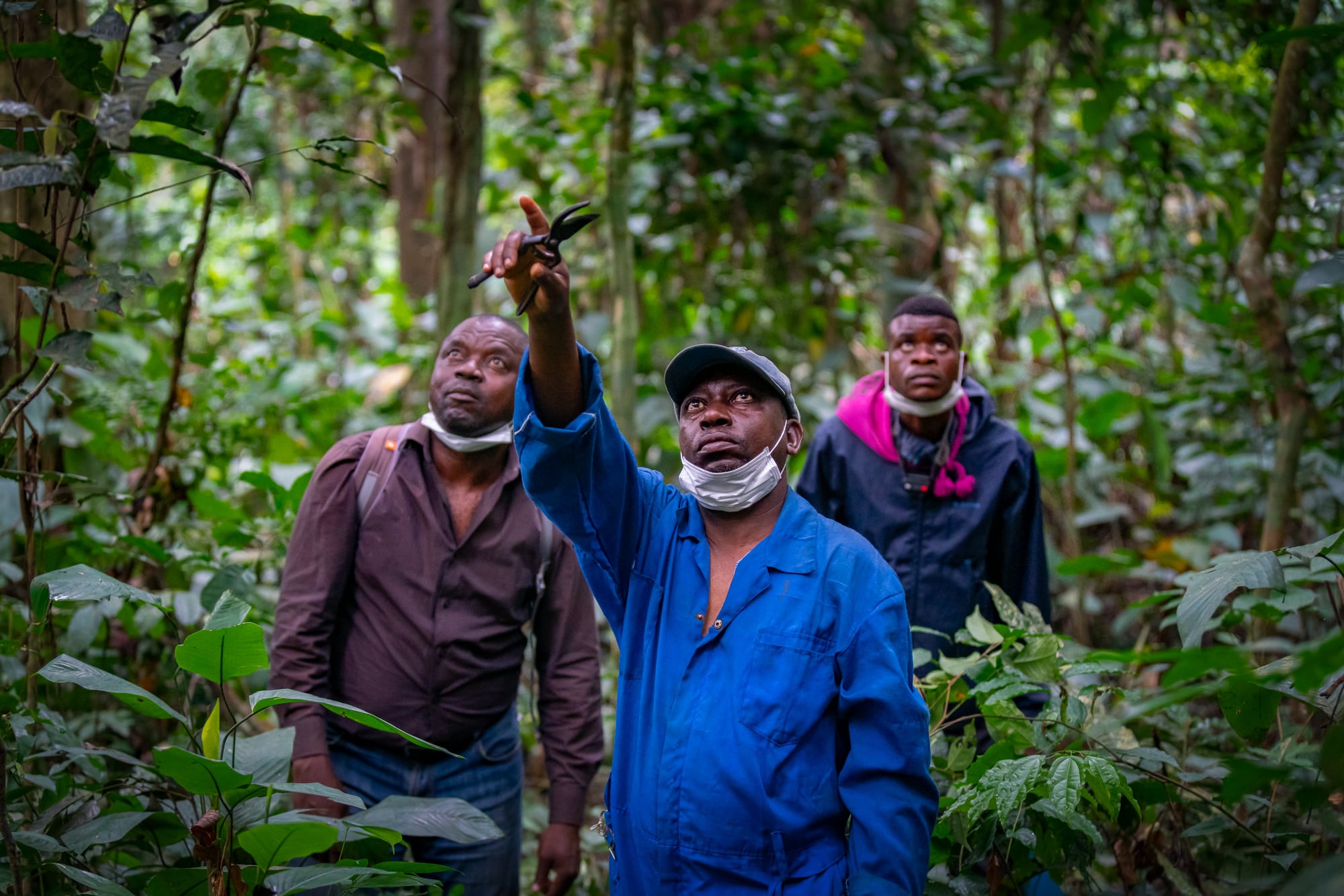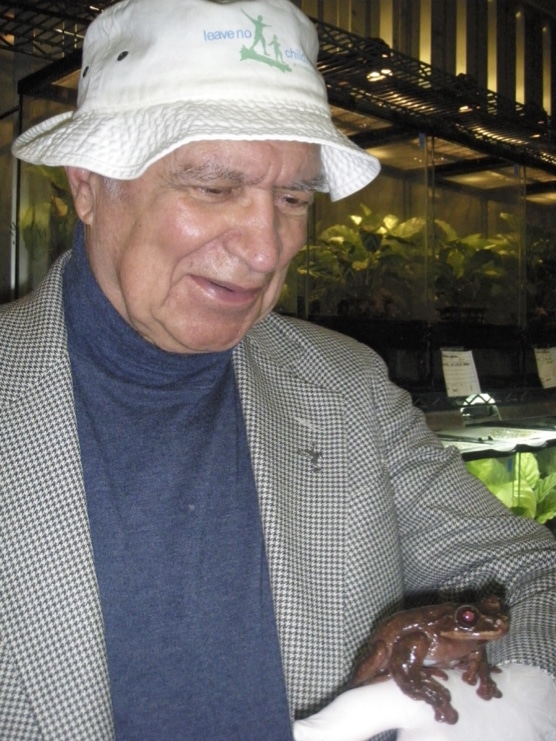Our People
Our core teams – Programmes, Philanthropy, Communications, Finance and Risk, and Operations – are all based in our London office, but our broader network extends around the world.
Our work is made possible and amplified by an extensive and knowledgeable ecosystem of advisers, affiliates, trustees, and partners, representing a broad and diverse range of regional and subject expertise, practical experience, connections, and wisdom. We are profoundly grateful to all our people for their support and their dedication to tackling the most urgent and important challenges of our time.
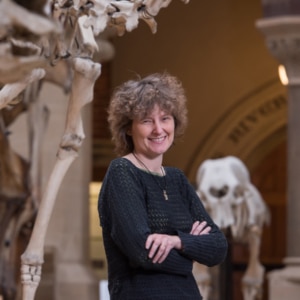
EJ Milner-Gulland
EJ Milner-Gulland is the Tasso Leventis Professor of Biodiversity at the University of Oxford. Her research group works at the interface of social and ecological systems, using a range of methodological approaches to address key issues in current conservation, including fieldwork and modelling in the ecological, social and behavioural sciences.
The work has three themes; understanding resource user incentives, planning for effective and socially just conservation, accounting for social-ecological system dynamics. They work in the terrestrial and marine realms, with practitioners who are implementing interventions, to ensure that they are designed, carried out and monitored in a way that leads to the desired outcomes from both conservation and social justice perspectives.
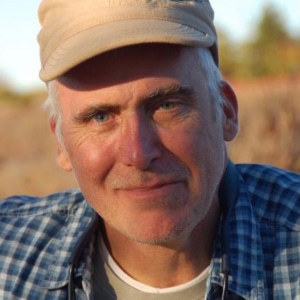
Frank Hawkins
Frank is a conservation biologist and policy advisor with many years of experience working with governments, finance institutions, civil society and local communities in Africa and around the world. He is currently a policy and finance advisor to IUCN. Frank focuses on the use of natural capital data in investment decision-making, and on bringing the conservation and finance communities together to drive changes in international conservation. He was instrumental in creating the Coalition for Private Investment in Conservation and in developing the Species Threat Abatement and Restoration biodiversity metric.
Until August 2021, Frank was the Director of the IUCN North America office. The office supports the 120+ members in the region, and works with domestic foundations, international financial institutions, policy offices and government institutions.
Prior to joining IUCN, Frank was Senior Vice-President at Conservation International (CI). In addition to leading CI’s programme in Africa and Madagascar, during which time he launched the Gaborone Declaration for Sustainability. He also worked on green economy policy and landuse planning issues, emphasizing the value of nature as the basis for sustainable development.
For 20 years until 2007, Frank worked primarily in Madagascar, with CI and other NGOs, where he conducted research on birds, lemurs and carnivores, and supported the government, local communities and local NGOs in implementing the National Environmental Action Plan. He is the co-author of Volume 8 of the Birds of Africa: the Malagasy Region, in addition to four other books and many scientific papers, and is a Chevalier de l’ordre Nationale of Madagascar.
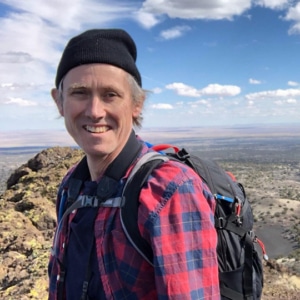
Ian Harrison
Ian Harrison obtained his Ph.D. in systematic ichthyology at the University of Bristol, UK. He has conducted research on marine and freshwater fishes from several parts of the world, including fieldwork in Europe, Central and South America, West and Western Central Africa, the Philippines, and the Central Pacific.
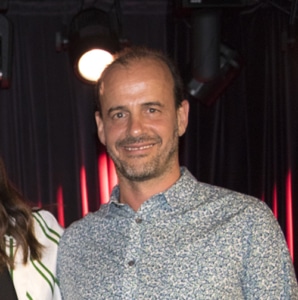
Jerome Lewis
Dr Jerome Lewis lectures in Social Anthropology at University College London. He has undergraduate and doctoral degrees in Social Anthropology from the London School of Economics and 20 years research experience working with Pygmy hunter-gatherers and former hunter-gatherers in the Congo Basin.
Work in Rwanda with Twa Pygmies in 1993 just before the genocide lead to later work on the impact of the genocide on this marginalised group. Since 1994 he has worked with Mbendjele Pygmies in Congo-Brazzaville researching cultural transmission; play and religion; egalitarian politics and gender relations; language and music; and Indigenous rights. His co-edited book ‘The Social Origins of Language’, was published by Oxford University Press in 2014.
Studying the impact of global forces on many Pygmy groups across the Congo Basin has led to research into discrimination, economic and legal marginalisation, human rights abuses, and to applied research supporting conservation efforts by forest people and the implementation of international legal standards such as free, prior and informed consent in their dealings with outsiders.
As a director of the Extreme Citizen Science Research Group he oversees the development of appropriate technologies for semi and non-literate people to improve land and resource management and to seek environmental justice.
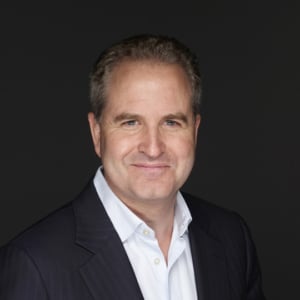
Jonathan Baillie
Jonathan Baillie is the CEO of On The EDGE Conservation, a media and technology company promoting the natural world and advancing the science of nature communication. He is also President of the board of Natural State, a NGO committed catalyzing large-scale restoration and rewilding.
Previous to this he was Chief Scientist and Executive Vice President at National Geographic, and before this, Jonathan was Conservation Programmes Director at the Zoological Society London (ZSL) for 14 years, where he was responsible for conservation projects focusing on threatened species and their habitats in more than 50 countries.
He holds an undergraduate degree from Queen’s University in Canada, a Master of Science in Conservation Biology from Yale University, and a PhD in Biology from Silwood Park, Imperial College; his postdoctoral research was undertaken at the Zoological Society of London, Institute of Zoology. Jonathan is currently a Visiting Professor of Zoology at the University of Oxford.

Katy Scholfield
Katy Scholfield is the Director of Strategic Grantmaking for the Great Apes and Gibbons Programme at Arcus Foundation.
Katy was based at Synchronicity Earth for 10 years, where she led efforts to centre Indigenous and community rights and the revival and protection of biocultural diversity across the organisation. During this time, she played a key role in developing Synchronicity Earth’s forest grantmaking in Africa, Brazil and Papua New Guinea, as well as establishing collaborative funding initiatives to amplify conservation impact.
Prior to this, Katy held various conservation and development posts before completing her PhD using a case study of mountain gorilla conservation to explore how different people and their ideas are included or excluded in conservation.
She also holds a bachelor’s degree in environment, ecology, and economics from the University of York and a master’s in environment and development from the University of Manchester. Katy has sat on the executive committee of the AgroEcology Fund since 2015 and has a strong interest in how agroecology can help conservation re-imagine its relationship with agriculture to support all species to flourish. Katy joined the board of Synchronicity Earth USA in 2021.
View Katy's articles
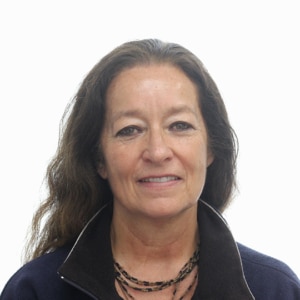
Liz Hosken
Liz Hosken is co-founder and Director of the Gaia Foundation.
She is from South Africa and was active from a young age in both environmental issues and the anti-apartheid movement. During the first decade of Gaia’s work Liz spent many years in the Amazon, where she learnt about Indigenous ways of seeing and accompanied Indigenous communities in a process of reviving their knowledge, practices, and governance systems to protect their ancestral lands.
When Liz returned to her continent, she was inspired to share these lessons with African colleagues to restore Africa’s rich cultural, spiritual, and ecological heritage.
She also spent precious time with Thomas Berry exploring his ideas of Earth Jurisprudence and Rights of Nature and the need for an Earth-centred paradigm shift in the dominant world.
Liz then developed and co-facilitated a three-year training in the philosophy and practice of Earth Jurisprudence and the Amazonian approach to enhancing indigenous traditions to restore biocultural diversity, rooted in experiential learning for practitioners in Africa. She has a BSc in Environmental Sciences and a Masters in Philosophy and Education for Social Change.
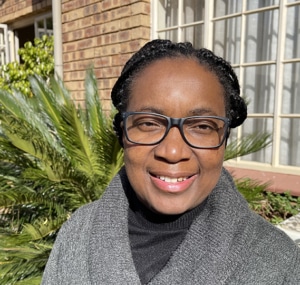
Rudo Sanyanga
Rudo Angela Sanyanga Hungwe is an environmental scientist and activist based in South Africa. Born in Zimbabwe, she spent the first ten years of her professional career as a freshwater research biologist on Lake Kariba before moving to university teaching and scientific research administration. She holds a doctorate in freshwater system ecology from the Stockholm University and has spent nearly three decades of her working life on numerous research and consulting assignments in the Zambezi River basin especially on Lake Kariba. She has also worked on a number of other river basin ecosystems in over 20 southern, central, eastern and west African countries. These assignments have given her first-hand experience of the sustainability issues surrounding natural resource utilisation on the continent as well as the impact of development activities on the lives of vulnerable people.
Over the ten-year period, 2011 – 2021, Rudo was the Africa Regional Director for International Rivers based in Pretoria, South Africa, responsible for directing highly impactful research and advocacy campaigns against socially and environmentally destructive hydropower infrastructure on the continent while promoting more environmentally friendly renewable energy alternative programs. She oversaw the growth of the International River Africa Programme into a highly regarded science-based advocacy organisation.
She currently works as a consultant for a number of organisations and initiatives in African countries, using her experience to provide technical analysis and advice on the establishment of environmentally sustainable and gender sensitive water and sanitation infrastructure projects at community level. She has developed some effective gender assessment guides.
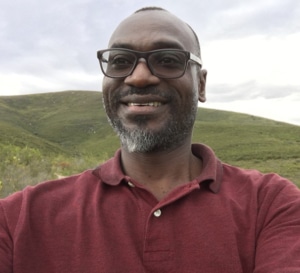
Samuel Nnah Ndobe
Samuel Nnah Ndobe is an agronomist from Cameroon and a leading advocate for the rights of Indigenous Peoples.
With a degree in Agricultural Economics and Rural Sociology from the University of Dschang, Samuel began working in Cameroon on community-led conservation initiatives such as community forest management, sustainable livelihood development, participatory mapping and advocacy for community land rights.
He moved on to develop Payments for Ecosystem Services projects around the Dja Forest Reserve and became a consultant delivering workshops for various organisations working on sustainable development projects in Central Africa, including the United Nations Development Programme, Jane Goodall Institute, and Rights and Resources Initiative.
Samuel also facilitated the contribution of organisations in Africa, Asia and Latin America in the United Nations Framework Convention on Climate Change REDD negotiations and helped build capacity in those regions to participate in these negotiations.
Most recently he has been a consultant for many international organisations, including the IUCN, Global Greengrants Fund, and Synchronicity Earth, using his expertise to facilitate strategic planning for projects focussed on conservation, sustainable development, and REDD+. Samuel’s experience and knowledge has been invaluable in helping Synchronicity Earth develop a robust and successful programme in the Congo Basin.
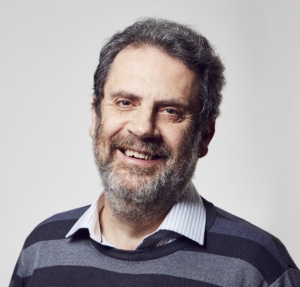
Simon Stuart
Simon Stuart was previously our Director of Strategic Conservation.
In December 2020, Simon took on the role of Executive Director of A Rocha International but remains as our Chief Scientific Adviser on a part-time basis. Before joining Synchronicity Earth, Simon served as Chair of the Species Survival Commission (SSC) for the International Union for Conservation of Nature (IUCN).
The SSC is a science-based network with more than 10,000 experts from all over the world. SSC’s major role is to provide information and advice to the worldwide conservation community on biodiversity conservation, including through the IUCN Red List of Threatened Species.
Simon has undergraduate and doctoral degrees from the University of Cambridge, with fieldwork in Tanzania and Cameroon.
Simon started work in BirdLife International in 1983, joined the IUCN Secretariat in 1986, and was elected as Chair of the SSC in October 2008.
Simon has been instrumental in the development of the IUCN Red List of Threatened Species and the Key Biodiversity Area global standard and played a key role in identifying and addressing the global amphibian extinction crisis.
He has also produced numerous high-impact scientific papers and books. For all this work, he won the Blue Planet Prize in 2020.
View Simon's articles
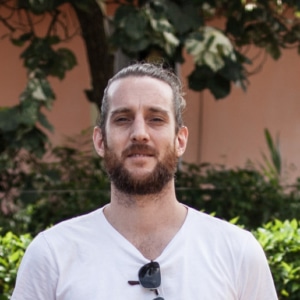
Thomas Bacha
With a background in development economics, Thomas has lived and worked since 2011 in Central Africa, between Cameroon, Congo Brazzaville, Gabon, and the DRC, where is active in environmental protection issues, interlinked with issues of territorial governance and socioeconomic development.
His work supports African Civil Society Organizations and regional networks of local actors, ranging from strategic and organisational reflection to the development of technical and networking support.
In this context, he collaborates on a daily basis with several of Synchronicity Earth’s partners in the Congo Basin.
Advisers
Since Synchronicity Earth was founded, the expert knowledge and advice of our Advisers has been pivotal in helping us to understand some of the most critical conservation issues we face and to point us in the direction of where our support and involvement can have most impact.


